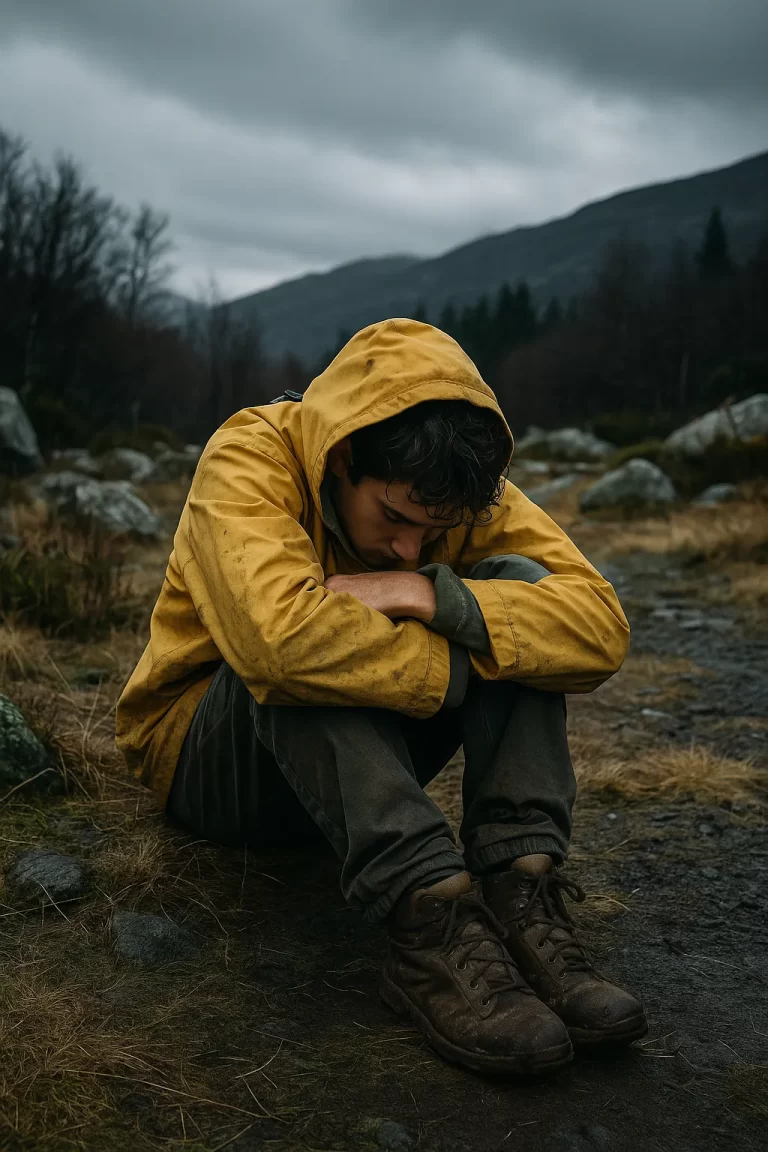The young women claim that Sequel staff compelled residents to clean dormitories, bathrooms, and dining halls, perform landscaping, and even construct new campus structures, all under threat of punishment such as isolation, restricted food, and loss of privileges. The lawsuit argues that these acts violated the federal Trafficking Victims Protection Reauthorization Act, asserting that Ripley personally profited by minimizing staffing costs and increasing the value of Sequel’s holding company.
Judge R. David Proctor rejected Ripley’s attempt to dismiss the case, finding the allegations specific and credible enough to proceed. The court determined that the plaintiffs plausibly alleged Ripley knowingly benefited from and participated in a venture that violated federal anti-trafficking laws. The decision signals a broader shift in accountability efforts surrounding private youth facilities, many of which have long faced allegations of abuse, neglect, and forced labor while operating with limited oversight.
June 30, 2025
Federal Lawsuit Targets Wilderness-Therapy Programs for Deadly Conditions and Forced Labor
A federal complaint was filed against two wilderness therapy programs in North Carolina, accusing the facilities of operating as “cash machines” for private investors while subjecting children to unlicensed labor and life-threatening conditions. The lawsuit alleges a 12-year-old boy died after being placed in an icy tent and forced into grueling tasks, and claims residents were routinely humiliated, denied proper hygiene and food, and punished with long hikes and labor instead of therapy. Trails Carolina and Asheville Academy for Girls, both now shuttered, were operated by Family Help & Wellness (FHW) through its affiliate Wilderness Training & Consulting.



